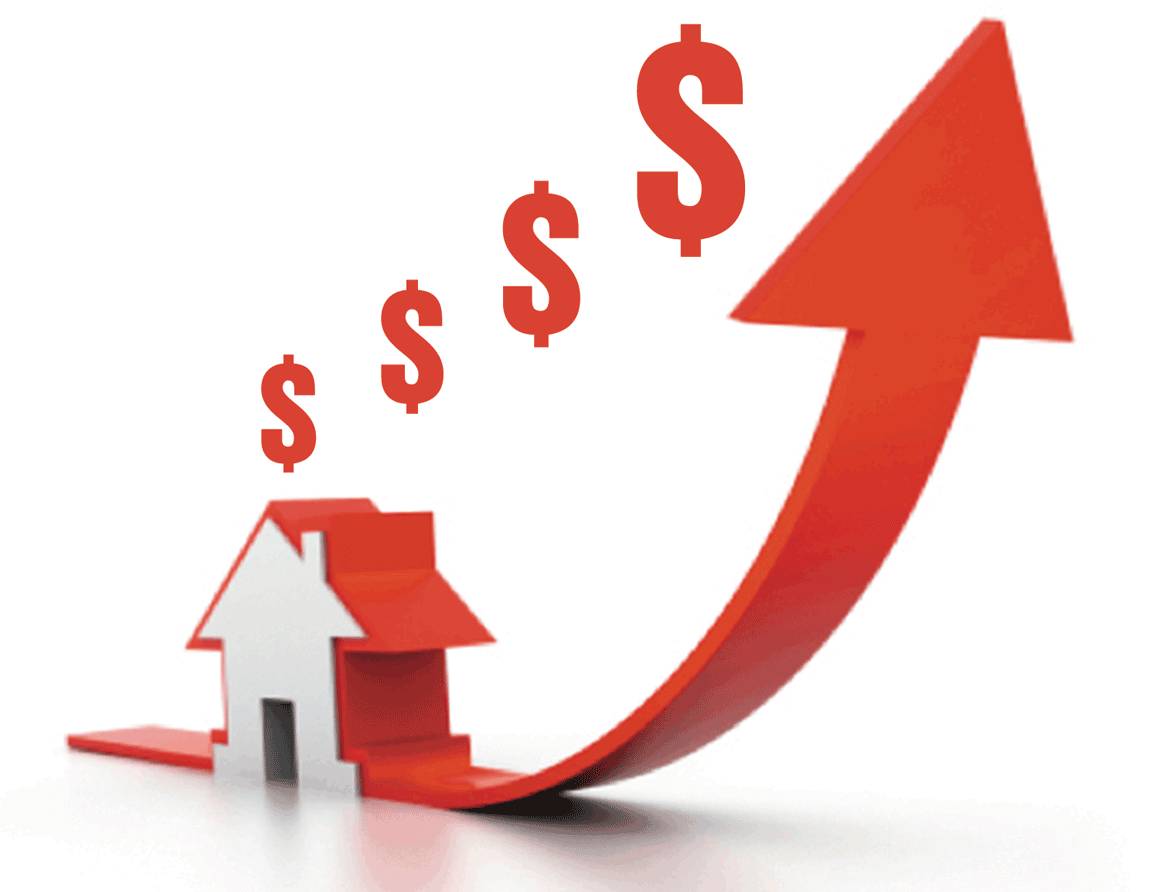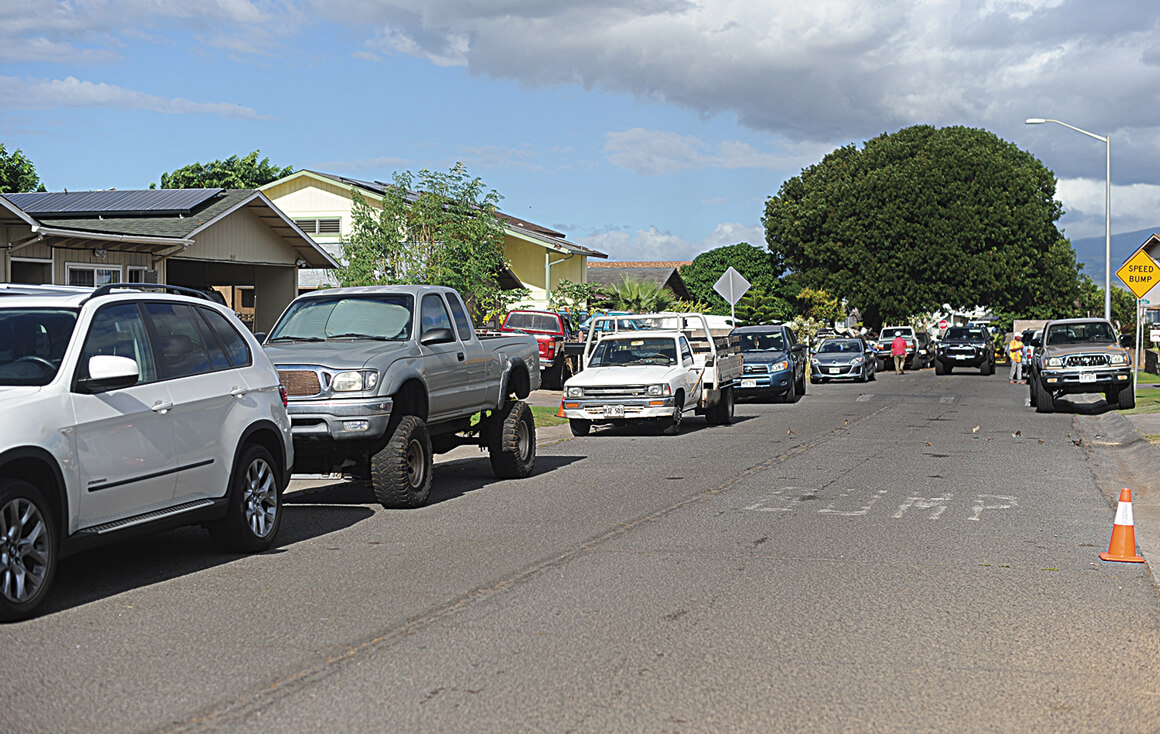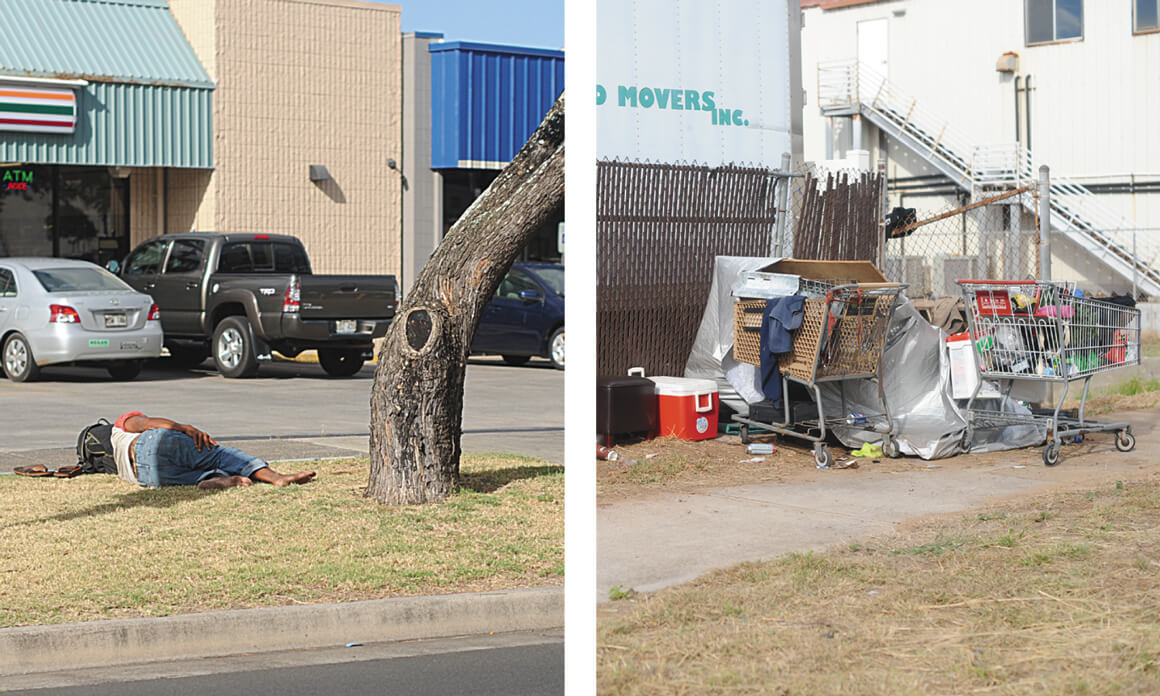

If you are looking to buy or rent an affordably-priced home on Maui, well good luck as you are probably one of the thousands of Maui’s families looking for the same opportunity just to find a decent shelter for their family. Owning a home on Maui is beyond the reach of many hardworking residents due to the lack of supply of affordable housing, and to make matters worse, the median price for a single-family home on Maui has reached an all-time high of over $700,000. If you are looking to rent, the average monthly rent for a small two-bedroom unit (if you can find one!) is approximately $1,500, and can go as high as $1,800.
According to the July 2014 Hawai‘i Appleseed Center for Law and Economic Justice Policy Report: The High Cost of Our Affordable Housing Shortfall, we have been struggling with affordable housing for Maui’s working families for years, and this challenge shows no signs of abating. Homeownership is a distant goal for many in our community, and minimal (if any) affordable housing is being built, while luxury homes, hotel and time-share units are being built for visitors and part-time residents. Rising land prices, high construction and development costs, regulatory barriers, and a growing population are all driving up the costs of workforce housing. In the meantime, many of our residents struggle to pay for shelter and make tradeoffs between housing and other necessities, double or tripling-up with another household, and worst, risk homelessness.
How did we get to this point? Who is responsible for this crisis? What are the policy-makers doing to address this housing crisis problem? Are our elected officials listening to our cry for help? We need a home for our families! These are just a few of the many questions that are being expressed by Maui’s working families.
The Appleseed Report makes a profound statement: “Affordable housing matters in our community. It affects us all. Without it, workers who are critical to our economy cannot afford to live in Hawai‘i. The ability to afford housing impacts far more than just having a decent, safe place to live. Affordable housing is associated with better health, childhood development, and educational achievement because it frees a family’s budget for more nutritious food, access to medical care, and quality childcare, and it provides stability where family members can thrive. Decent affordable housing has long been a concern in Hawai‘i for many years, but the magnitude of this crisis has only continued to grow.”
The U.S. Department of Housing and Urban Development—Office of Policy Development and Research found that “Many of the constraints to providing affordable housing in many communities is in the form of regulatory barriers.” The report further notes that the basic findings remain true today: “exclusionary, discriminatory, or unnecessary regulations constitute formidable barriers to affordable housing. Removing affordable housing barriers could reduce development costs by up to 35 percent.”
Recent research/studies have confirmed that regulatory barriers pose a major obstacle to the development of workforce housing. The report finds that the number of causes for the lack of development of affordable housing are: infrastructure costs, local building practices, bureaucratic inertia, land costs and taxes. The report concluded that one powerful motive lies behind many of these regulatory barriers: opposition by certain residents and public officials to various types of affordable housing in their communities. This opposition, which the report called “not in my backyard” (NIMBY) was found to be a pervasive practice to motivating local political officials to intentionally limit growth in general and affordable housing in particular. Notwithstanding the achievement of some reforms, NIMBYism continues to prompt the implementation of regulatory barriers that pose major obstacles to affordable housing development. NIMBY sentiments play a key role in the exclusion of developing diversity of affordable housing.

The Maui Island Plan that was adopted in December 2012 states “Housing is one of our basic human needs. It is one of the fundamental building blocks in our communities and it is where our families gather and find shelter. Housing is not always treated as a human right. When adequate or appropriate housing is unattainable to a large portion of the population, it negatively impacts the entire community and decreases overall quality of life.” Since the passage of the Maui Island Plan, Maui’s housing crisis continues to grow and concrete solutions seems to be evasive.

At the Affordable Housing Summit held on June 30, Carol Reimann, Director of the Department of Housing and Human Concerns, made a shocking revelation on how acute the housing crisis on Maui: “Maui needs approximately 14,000 housing units within the next ten years to meet the current and future demands for workforce housing.” This means that Maui needs to build over 1,400 homes a year to meet our housing deficits. Ms. Reimann further reported during the summit that “we need to look at new solutions, create incentives; not penalize affordable housing developers. Government contributed to the housing crisis that Maui faces today.”
Mayor Alan Arakawa in his opening remarks during the Affordable Housing Summit said: “Maui’s housing crisis is self-inflicted—the rules that Maui officials created caused the housing crisis and it is a miserable failure. We added so many rules that contributed to high costs of housing, resulting in a housing crisis, and we must start getting rid of the old system.”
Dick Gushman, Managing Partner of DGM Group, a Hawai‘i-based real estate company, estimated that over $4 billion was needed to build the 14,000 units to meet Maui’s rental housing needs. One of the panelists at the Affordable Housing Summit reported that just a few hundred of residential building permits were issued by Maui County over the last four years. It simply was not enough to address the housing crisis and hardly made a dent, according to the panelist.
Chuck Wathen, President of Pier Management-Hawai‘i, LLC and a member of the Hawai‘i Housing Alliance, said “The only solution to the affordable housing crisis is voters demanding our elected officials become proactive and start amending regulations that impede the development of affordable and workforce housing and pass a substantial housing subsidy fund. The State needs about $2 billion over the next five years that could create thousands of units. Without large enough funds, very few units can be developed.”
Act 127 was passed by the Hawai‘i State legislature last year and set a goal of developing at least 22,500 affordable rental units by 2026 to keep up with the demand. Act 127 painted Hawai‘i’s housing situation in stark terms: “Without sufficient affordable rental housing, the future social community, and economic consequences for Hawai‘i may be dire.”
Without any action by local government to address the housing crisis, Maui’s local residents will continue to suffer. A diminished supply of available workforce homes is swelling prices beyond the reach of Maui’s working families—squeezing out would-be buyers and increasing rents as more working people are forced to remain tenants. A trend is pressuring the budgets of Maui’s residents, with over one-third of households spending more than 30 percent of their gross income on housing. As a result, homeownership rates have stagnated in part because high rents have made it difficult for many prospective buyers to amass a down-payment for a house.
The time to act is now—if we want to solve the housing crisis on Maui and start helping our local working families. As Doug Spencer, a local Maui developer of over 1,100 affordable housing units, has said at many public meetings, “Time has come to get government to stay out of the way—stop talking, and start building.” As shared by one of the attendees of the Affordable Housing Summit, “We can do this if we are focused on the goal and that all stakeholders paddle in the same direction: working together to better the lives of Maui’s residents.”
Vince Bagoyo, Jr. is the President/ Owner of V. Bagoyo Development Group. He was graduated from Chaminade University, where he received his Bachelor of Arts majoring in Political Science and Business Administration. Bagoyo earned a Masters of Public Administration (Government Finance) from California State University, Long Beach. He has served in government in a variety of positions including Councilman (1991 to 1992), Director, Department of Housing and Human Concerns, and Director, Department of Water Supply. Bagoyo was previously President of Lanai Holdings and Water Company and Vice President of Lanai Company. He is currently the Vice President of the Maui Memorial Medical Center Foundation and was the Chairperson of the Maui Filipino Centennial Celebration Coordinating Council. His wife Jennifer is an RN at Maui Memorial Medical Center.
